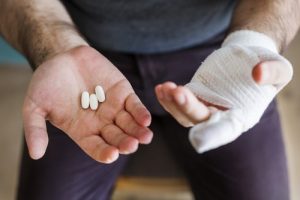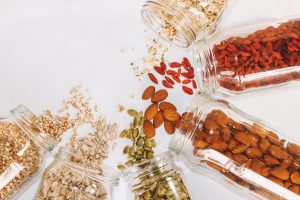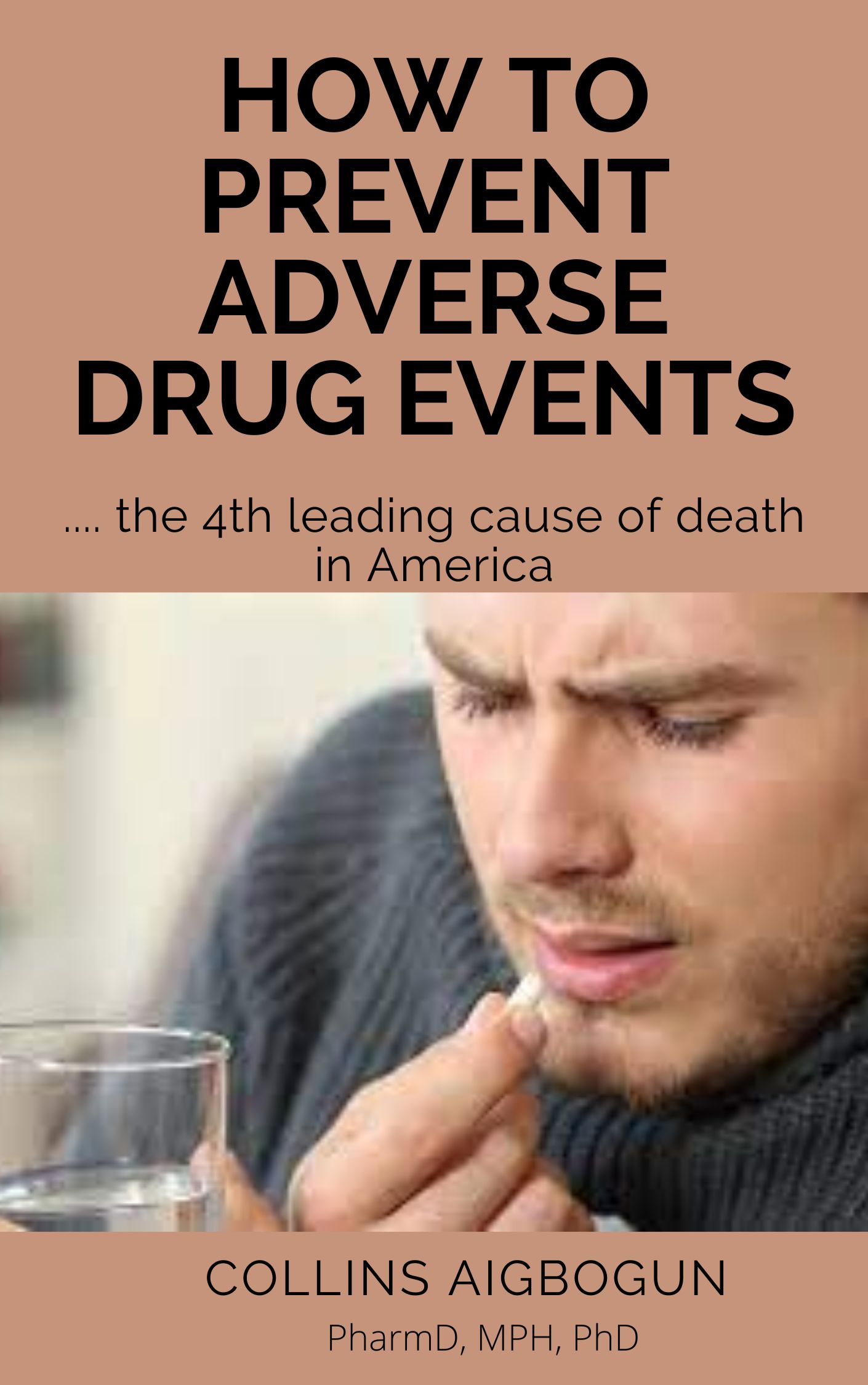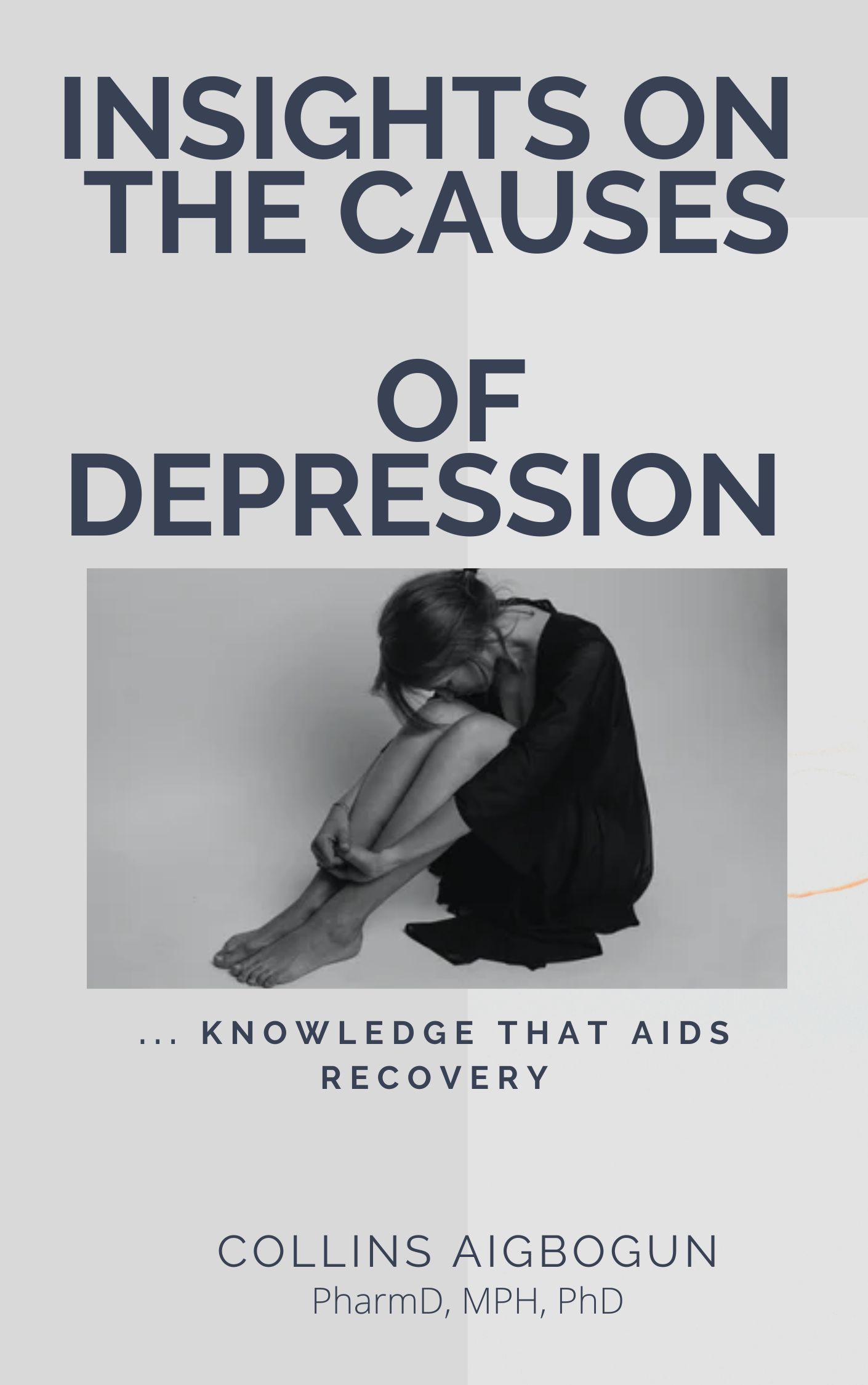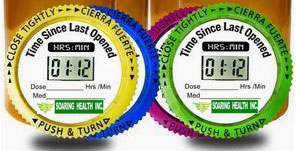Overcoming Depression Without Medications
It is disheartening to learn that many people take their lives or commit suicide because they are confused. Recently, a national celebrity based in the United States hung himself while in his hotel room. Also, several people, including German Billionaire Adolf Merckle, Christopher Foster, and Jonathan Wraith, hung themselves despite their massive wealth and influence. Likewise, many school children experience gun violence. This devastation is typified in the recent mass shooting at high schools in Parkland, Florida, and Sante Fe, Texas. There are several other local and international examples that follow the same trend. Hence, there is a need to study the multi-faceted impact of depression in our society.

STATEMENTS OF FACT
According to Charlie Chaplin, nothing is permanent in the universe. The only permanent occurrence is “change.” That means, every human creature can break through any limitation in pursuance of a set goal. Often time, we have little or no control over what happens around us. However, we have massive control over our decisions and actions. Hence, individuals vulnerable to depression or are experiencing depression can change their course of direction. There are a lot of medications used as anti-depressants, anxiolytics, sedatives, and several others. However, the side-effects of these medications are sometimes undesirable. Non-pharmacological ways of tackling depression include:
(1) Staying connected with a support system and community

I learned about an older woman who was about to deliberately take her life via overdose medication when her granddaughter began to cry. She quickly helped this helpless little girl, and as a result, she was mentally engaged and abandoned her planned step of action. Often time, the presence of a human being can improve our health during depressive moments. In the absence of a physical person at a specific moment, the use of social media for inter-personal connection is valuable in the task of interconnection with human beings.
(2) Engaging in tasks that brings pleasure

We derive pleasure from doing the things we love. Hence, individuals who are susceptible to depression can derive pleasure from such activities. For example, if an individual derives pleasure in singing, he/she can begin to write songs, sing into a recording device, and then upload on YouTube. That way, someone else will derive joy from listening to that music while also making the composer happy.
(3) Daily exercise

Exercise includes forms of physical or mental activity. Aerobic exercise that spans a relatively long period will result in the release of serotonin in the human brain and improve the mood of such individuals. Likewise, a mental exercise such as reading a book, or listening to audio can stimulate some neural activities. These activities will alleviate the symptoms of depression. Likewise, some spiritual exercises can accentuate our dependence on a higher power that we cannot do for ourselves.
(4) Good nutrition
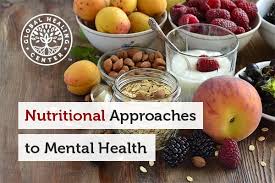
Researchers have found that deficiencies of some essential vitamins such as B12 or folic acid can result in a decreased level of serotonin and might lead to depression. Conventional sources of B12 and folic acid include green vegetables, cereal, beans, and fruits. Likewise, deficiency in omega-3 fatty acids can lead to a decreased level of serotonin. Conventional sources of omega-3 fatty acids include salmon, herring, mackerel, sardine, tuna, and a few other kinds of seafood.
(5) Meditation on faith-based resources

We often experience situations that are beyond us. That is why we request the help of others. Still, there are many things that humans cannot do even if they devote a lot of time and resources in tackling such challenges. That is why meditation of faith-based resources can dramatically change our meta-programs on how we see ourselves and what we can accomplish. Sometimes, success is not a product of hard work alone, but it is a combination of several micro-steps of which favor and grace are essential.

